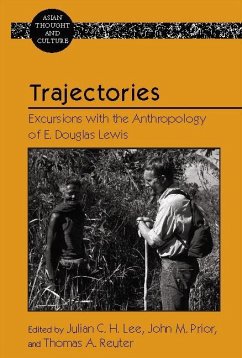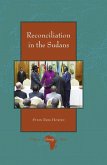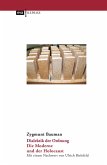This volume engages with the work of E. Douglas Lewis, who has made major contributions to the understanding of Eastern Indonesia, ethnography, culture, and religion, as well as a neurobiologically informed anthropology. Lewis' work on the Ata Tana 'Ai (People of the Forest) of Flores has long been regarded as a seminal work on culture and society in Eastern Indonesia. His 'precedence theory' became highly influential among anthropologists in their interpretations of other social groups in the region. In this volume, however, a group of scholars influenced by his work undertake diverse and thought-provoking excursions from Lewis' work, shedding light on his insights on subjects ranging from Eastern Indonesian ethnography, to theorizing culture change, to development, and to the nascent field of 'neuroanthropology'. Of particular note, this book also features an extended contribution by Lewis that is, as Professor James J. Fox notes in this book's foreword, 'the kind of serious contemplation of an intellectual trajectory that every senior anthropologist should be urged to write'.
Dieser Download kann aus rechtlichen Gründen nur mit Rechnungsadresse in A, B, BG, CY, CZ, D, DK, EW, E, FIN, F, GR, HR, H, IRL, I, LT, L, LR, M, NL, PL, P, R, S, SLO, SK ausgeliefert werden.









